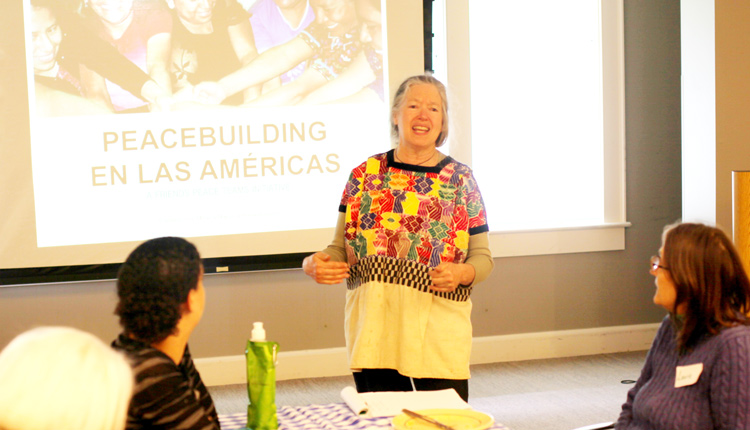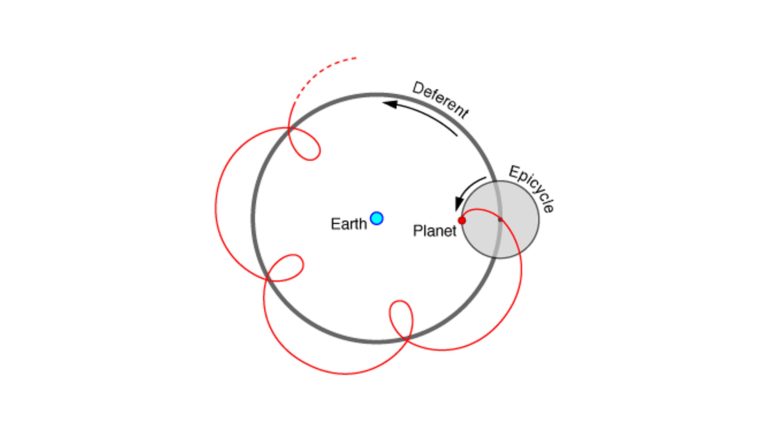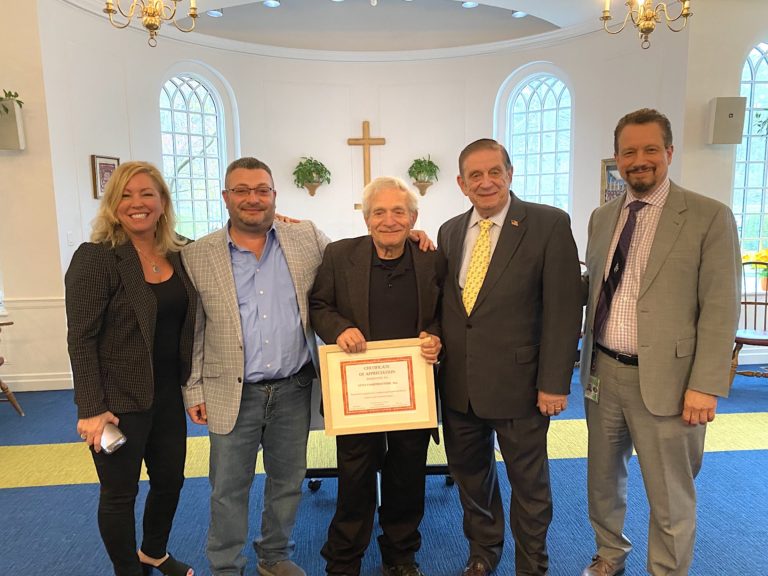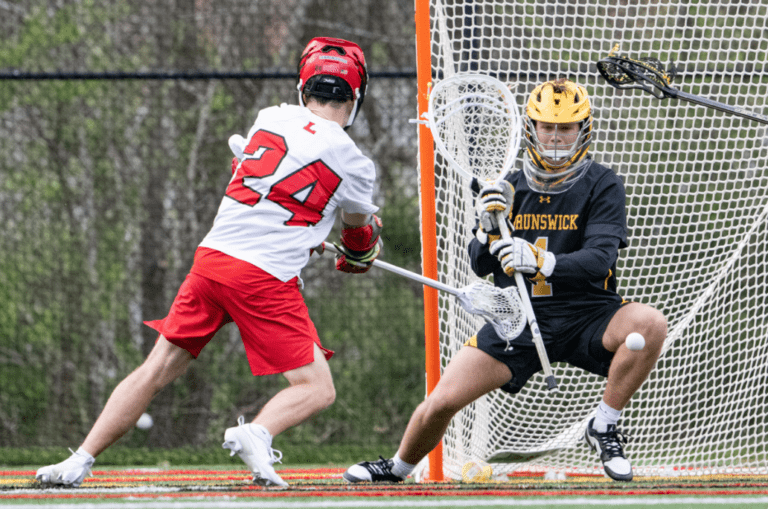

By Anne W. Semmes
Sentinel Columnist
Margaret Lechner is a biologist who has led Outward Bound groups in the wilderness. She is often seen at Audubon Greenwich, where she volunteers and lives near as partner of senior Audubon education specialist Ted Gilman. But where Margaret spends most of her time is in prisons. She is a volunteer facilitator for the Alternatives to Violence Project (AVP).
Picture her working with a group of female inmates using her considerable communication skills in the Bedford Hills Correctional Institute for Women, a maximum-security prison and the largest prison for women in the state of New York. (The closest Connecticut prisons to Greenwich, says Margaret, are near Hartford.)
“It’s simply showing up and seeing someone as a human being,” she says. “The earliest exercise is just listening to each other telling stories. To me the most important skill is listening. They often say that no one has listened to them before. It’s not ignoring what a person has done. I’m drawing out the best in them, identifying what aspect within they want to be strengthened. Our society has a pragmatic interest in people coming out of prison with good coping skills.”
The U.S. has the world’s largest population behind bars with violent crime and drug sentences causing this exceptional incarceration rate. The AVP came into being some 40 years ago when inmates of a prison in New York reached out to collaborate with local Quakers to develop a curriculum to resolve conflict nonviolently. (Margaret Lechner is also a Quaker.) AVP facilitators work “to encourage individuals to take responsibility for themselves and the consequences of their behavior, and to voluntarily participate in its workshops.” Prison inmates who are willing to apply the AVP principles in their own life can be trained as facilitators.
Claude Millery is one of Margaret’s Bedford Hills “graduates.” Claude is soon to be 45 years old and has been a free woman now for four months after being incarcerated for 25 years. In her last three years, she became an inside AVP facilitator. She cannot wait, she says, to facilitate AVP groups outside. She’s going to her first AVP group this weekend and is “beyond excited.”
“AVP gave me a new look at life and ways to understand others instead of taking things personal and jumping to conclusions,” Claude says. “For me, it was a way to help others and make a difference in their lives by giving them tools for conflict resolution and how to live a non-violent life. The workshops varied, and I as a facilitator learned something from everyone who participated in the workshops that I was facilitating. AVP became a way of life for me. So much so that I meet with individuals to counsel and give them tools for conflict resolution and anger management.”
Working with Margaret had given Claude “so much insight, and the way that she thinks and sees people is truly amazing. She is always positive, caring, compassionate, and uplifting. I love her and working with her.”
Margaret was in her early 50’s and living in Indiana in the early 2000’s when she got involved with AVP. (Margaret and Ted were classmates at Earlham College in Indiana.) She was serving as a volunteer community mediator when a local jail in Richmond, Ind., enlisted her to do conflict resolution. She then learned of AVP, was trained through workshops, and has been an AVP facilitator since 2005, the year she came to Greenwich.

Speaking good Spanish, she spent eight months as a facilitator in Central America with the Friends Peace Teams Initiative utilizing the AVP curriculum. In El Salvador she found some challenges giving her workshops. “We have to chase dogs out of the AVP meetings,” she says with a smile. “Child care is difficult to get—and everyone is on their iPhone.” She feels her commitment stronger working with the incarcerated, “bringing people together talking of the important things in our lives.”
“The majority of us AVP facilitators are incarcerated,” she says. In fact, 80 percent of AVP’s workshops are held in prisons, and the majority of inside facilitators are men—with many serving terms 20 or more years. Many of them tell Margaret, “If I’d taken AVP I wouldn’t have gone to jail” or “Why didn’t I learn this 10 years ago?”
At her Bedford Hills workshops, where Margaret is co-facilitating with some 20 inside facilitators, “The women of Bedford Hills are my AVP family,” she says. “Forgiveness and grief are common topics. AVP performs the function of family so people talk about their AVP family.”
That Bedford Hills AVP family has created a special banner that now has hundreds of signed testimonies to AVP from its travels to eight countries, across five continents.
Along with chairing an annual AVP national gathering, Margaret has chaired two AVP international gatherings and now serves as treasurer for AVP International. She is headed for their November meeting in Nepal, where she expects at least one facilitator each from 50 countries.
In May Margaret hosted an AVP meeting at Audubon Greenwich focused on the Friends Peace Team’s developing AVP workshops in Latin America.
“One of the things we are seeing is the conflicts arising around land and resources in indigenous territories,” said Dr. Monica Maher, who led the meeting and lives and works in Ecuador and Honduras.
“These countries of Columbia, El Salvador, Guatemala and Honduras have the highest homicides in the world,” said Maher. “We have women-only traumatic healing workshops. Some women can’t speak because of trauma. We are developing indigenous feminists and they are defending their territories.”
Margaret has helped her train the women as facilitators, said Maher. “The workshops help these women build community.” The indigenous Hondurans tell her, “I dream of becoming a facilitator.”
Deb Wood of Sleepy Hollow, N.Y., was one of the dozen participants at the Greenwich Audubon meeting. She said of her AVP work, with a smile, “It’s a life sentence.” She does AVP workshops with men facilitators at Sing Sing, as does Margaret. “It’s almost safer being there than out on the street,” Wood said. “What the inmates learn as facilitators has helped them heal relationships outside with family members.”
Coralie Joseph is a middle school guidance counselor in New York City public schools when she’s not serving as a volunteer AVP facilitator working with the incarcerated. “I now help women outside who have husbands or sons in prison,” she said. “At the end of a weekend of AVP, they just blossom.”
For more AVP information or to attend an AVP Basic Workshop at the Purchase Quaker Meetinghouse from June 23-25 or at Scarsdale Quaker Meetinghouse from August 11-13, please visit www.AVPNY.org.




